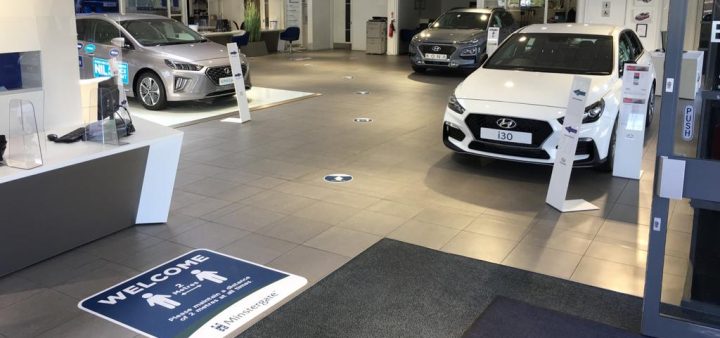By leveraging online sales, UK auto retailers could reduce the transaction time taken to sell a vehicle by 75% and cut the costs incurred in the process by 45%, according to new research released by industry-leading automotive ecommerce solution provider GForces.
The data indicates that, as per 2020, based on an annual used car market of 6.75 million sales, the industry could save £9.5 billion each year. Even a more conservative approach, based on a phased 30% transition to greater online selling, the sector could save £4.7 billion.
Given the surge in ecommerce across the auto retailing sector, GForces conducted in-depth research to identify the potential commercial cost savings which retailers could reap through greater ecommerce platform adoption. Their approach looked at the current costs of traditional car retailing, as well as the projected costs of going fully online, and a ‘hybrid online model’, based on 30% of sales being transacted on laptops and smartphones.
It is widely acknowledged that the auto industry has been slow to adapt to online purchasing, compared to other industries. One key factor is that buying a car often involves significant financial outlay.
As a result, many consumers are still keen to retain a human element in their purchasing journey, often including the ability to see a potential car and discuss finance and part-exchange details in person. Providing the ability to blend a physical showroom with an online sales platform, termed an ‘omnichannel’ approach is becoming the new normal.
By adapting their current commercial processes, from both a front and back office perspective, there are significant cost savings to be made by UK retailers. Just by moving to a 30% online sales strategy, a 50% Pure Transaction Time Saving (PTTS) can be achieved, alongside a 23% Cost of Sale Saving (CSS), down from £314 to £243 per unit, according to the GForces data.


